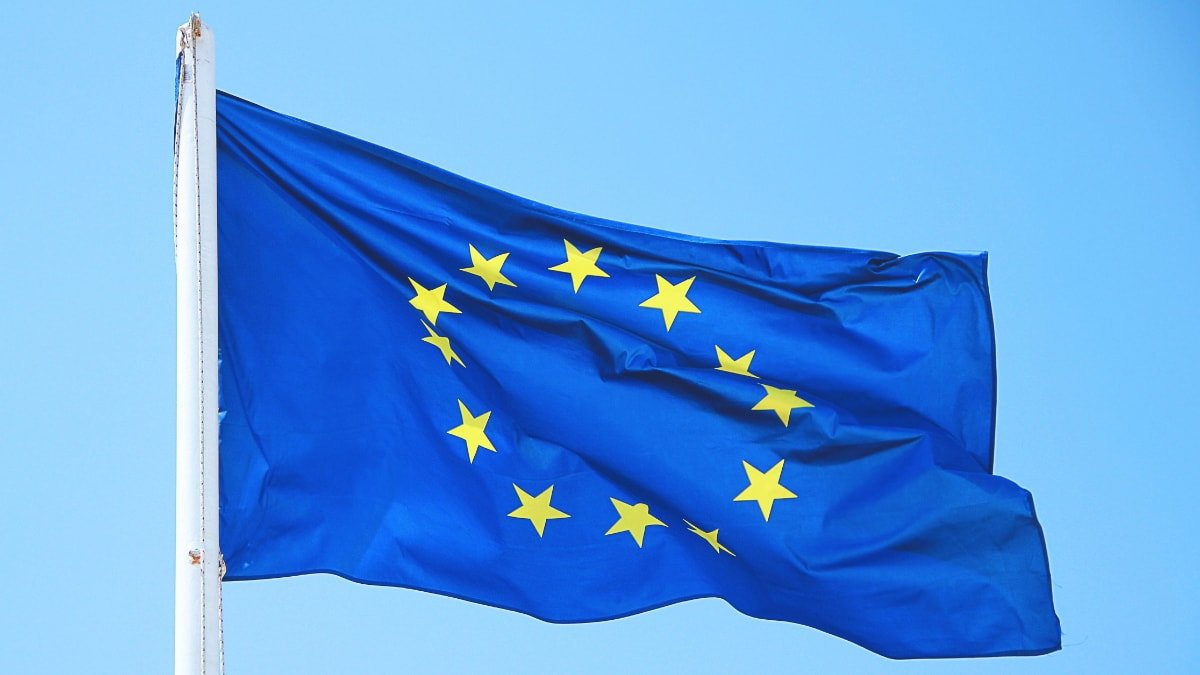The European Union has warned Elon Musk that it will ban or fine Twitter unless it follows its laws about content moderation that are set to go into effect in 2023.

The EU has warned Elon Musk
Thierry Breton, the EU's commissioner in charge of implementing the union's digital rules, made the warning during a video meeting with Musk on Wednesday. The checklist of rules includes aggressively removing disinformation, getting rid of Musk's "arbitrary" approach to reinstating banned users, and more.
Musk has reportedly been told to give clear criteria on which users are at risk of a Twitter ban. Breton also called on Musk to apply strict rules around advertising, such as a ban on targeting kids or using sensitive information to target users with ads, such as religious and political beliefs.
The EU also wants Twitter to agree to an audit by the summer of 2023 and hand over information that includes the number of active users and banned accounts.
If Twitter doesn't follow those rules, it risks violating the EU's new Digital Services Act which goes into effect in 2023. Amongst other aspects, this law sets a global standard for Big Tech content moderation on public platforms, specifically for user-generated content.
Senior EU officials are also concerned that Twitter may not have enough remaining staff to comply with the rules after Musk laid off thousands of employees.
The company could face a Europe-wide ban or regular fines of up to 6% of its global revenue. According to the Financial Times, Musk repeatedly said during the call the Digital Services Act was "very sensible" and believed it should be applied worldwide.
The EU isn't the only entity concerned with the upheaval at Twitter. Many companies, including Apple, have paused or stopped advertising on the social media platform over content moderation concerns.
While Apple hasn't said anything publicly, Musk has said that the company is threatening to remove Twitter's app from the App Store until Musk sets clear rules around content on the platform. Apple has strict rules around content moderation, similar to the EU, dating back to when Steve Jobs was in charge of the company.
Additionally, to be covered under protections for platforms given under Section 230 of the Communications Decency Act in the US, it must have effective, good-faith moderation of illegal content. Twitter is believed to have fired most of its moderation teams.
Most nations do not have similar protections against consequences of user behavior -- or even protection from the spread of lies made by users -- for services like Twitter.
